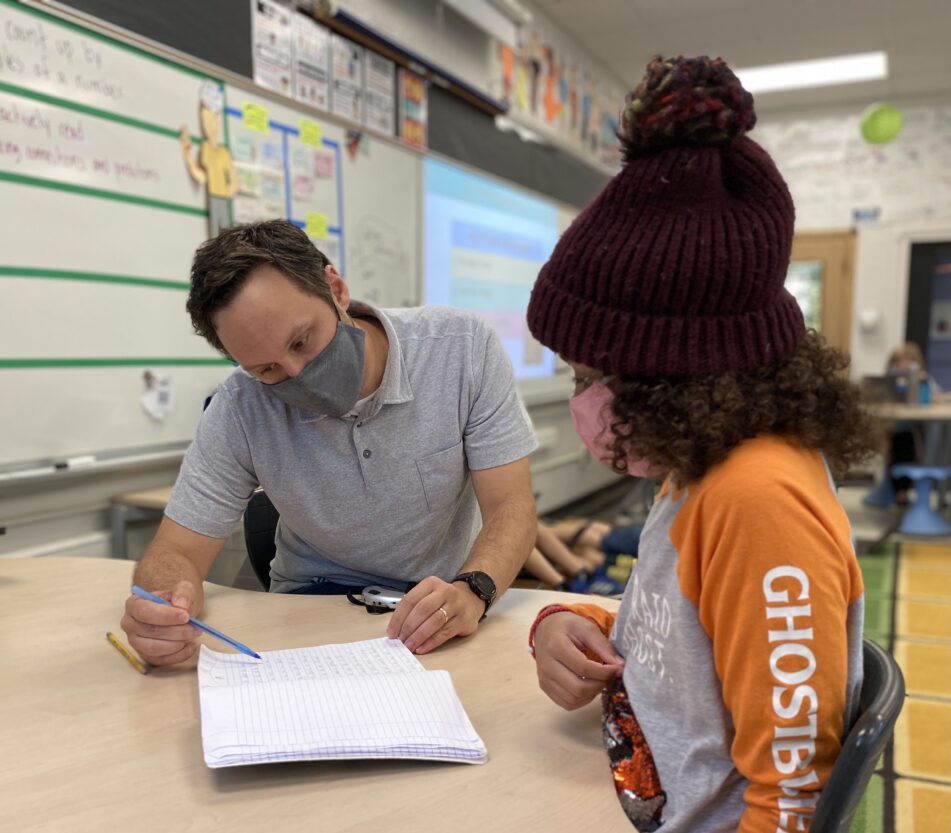Keith Hafner has seen many changes over the years in martial arts and most of those changes, especially the ones he has helped introduce at Keith Hafner Karate in Ann Arbor, have been positive.
“When I was a kid, black belt was really kind of the pinnacle,” says Hafner. “There were not a lot of kids in martial arts and few people did anything beyond black belt.”
But with schools like Keith Hafner Karate where people train longer, the black belt is no longer the pinnacle. In fact, Hafner compares a black belt today to earning a high school diploma – it’s a major accomplishment but also a stepping stone to bigger and better things.
“The black belt today represents a certain amount of knowledge and experience, but it’s also a door opening to the more advanced part of the education,” he says.
It takes four years to earn a black belt at Keith Hafner Karate.
“If you are a kid the belt you receive is red and black,” he says. “That tells everyone that you have done everything the black belts have done but you are not expected to have the same maturity and wisdom of an adult.”
Hafner says his school has graduated about 2,200 black belts since the popular school first opened in the mid 1970s.
“We are really proud that we have kind of refined the process,” Hafner says. “We have worked on what the true spirit of what a black belt is and means. When I was a kid, earning a black belt was only about who could fight the hardest. There were some requirements but it was more about who could hang in there the longest.
“We have really developed the concept that speaks to the inner person. It encourages them to be their very best.”
There was plenty of spirit in the room last Saturday when students and their parents, families and supporters packed Keith Hafner Karate on Main Street for the belt-promotion event, which included promoting nine students to black belt.
Students at Keith Hafner Karate test every three months for belt promotion. A group of nine students had tested for black belt the week before and participated in the promotion part of the ceremony on Saturday.
Students are required to pass a series of tests to qualify for black belt promotion. The previous Saturday the students completed the final part of their tests.
“It’s a very uplifting event,” Hafner says.
Most of the students who receive their black belt continue training.
“The biggest part of our school is for students who have already received their black belts,” says Hafner. “Their next goal will be to earn a second-degree black belt which takes three to four years.”
Hafner received his black belt when he was 20 years old.
“You have to understand that back then I was the kid at 20 years old,” he says. “When I started at age 16, I was the young kid. The rest were all grown-ups.”
Last Saturday, one of the students who earned a black belt was just 6 years old. Yes, a lot has changed – and for the better.








